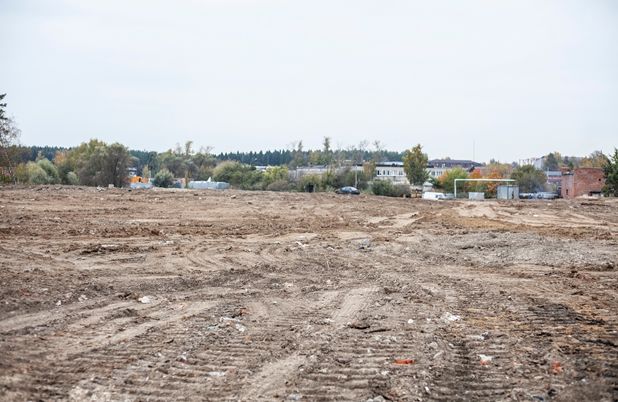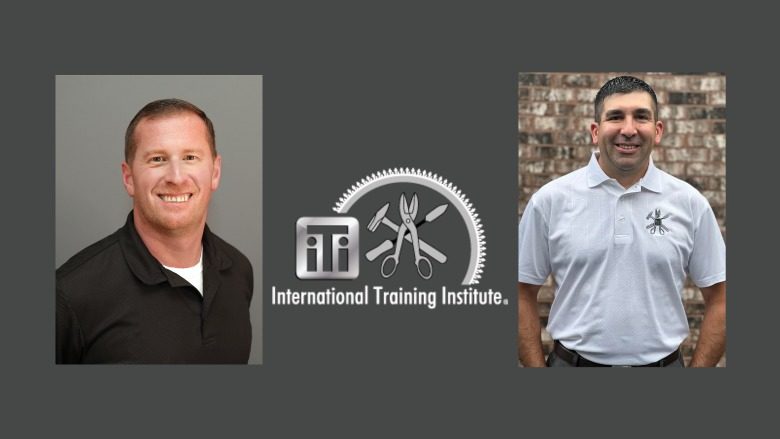what healthcare leaders can do when pulled in multiple directions

The number of administrative duties on top of patient care is contributor to high levels of burnout and lower levels of satisfaction.
According to Pittsburgh Post-Gazette article, in U.S., doctors spend 53% more time using health records, 123% more time entering orders, 160% more time responding to email and 33% more time entering notes than other countries..
it will become more and more critical for healthcare leaders to have deep understanding of both clinical and financial data..
More on delegating later because it can be difficult, and you should understand that it's essential for maintaining healthy work-life balance and freeing up your time to focus on the big picture. • Consider the needs of your patients.
Always consider the potential impact of your decisions on other patients and on the healthcare system as whole to make sure any negative impacts and disruptions are minimized as much as possible. • Think about what your staff needs order to stay engaged and provide the best level of care.
Many healthcare workers are living paycheck to paycheck, and decisions about things like benefits and raises can make big difference. • Never forget to address the financial impacts of your decisions.
By taking all of these factors into consideration, you can make sure that you are prioritizing effectively and meeting the needs of your patients, staff and organization as whole..
From using project software and spreadsheets to creating timelines and time limits on physical whiteboard or calendar, it's essential to be clear and concise and set boundaries for everyone around time-based expectations. • Take Breaks.
Healthcare is profession, and you will always have lot on your plate when coordinating care, managing staff and ensuring that patients receive the best possible outcomes.
In order to in their roles, they need to take control of their days and implement strategies that allow them to control the ebb and flow of their days otherwise, we going to see burnout and resignation rates continue to rise..
Read more
According to Pittsburgh Post-Gazette article, in U.S., doctors spend 53% more time using health records, 123% more time entering orders, 160% more time responding to email and 33% more time entering notes than other countries..
it will become more and more critical for healthcare leaders to have deep understanding of both clinical and financial data..
More on delegating later because it can be difficult, and you should understand that it's essential for maintaining healthy work-life balance and freeing up your time to focus on the big picture. • Consider the needs of your patients.
Always consider the potential impact of your decisions on other patients and on the healthcare system as whole to make sure any negative impacts and disruptions are minimized as much as possible. • Think about what your staff needs order to stay engaged and provide the best level of care.
Many healthcare workers are living paycheck to paycheck, and decisions about things like benefits and raises can make big difference. • Never forget to address the financial impacts of your decisions.
By taking all of these factors into consideration, you can make sure that you are prioritizing effectively and meeting the needs of your patients, staff and organization as whole..
From using project software and spreadsheets to creating timelines and time limits on physical whiteboard or calendar, it's essential to be clear and concise and set boundaries for everyone around time-based expectations. • Take Breaks.
Healthcare is profession, and you will always have lot on your plate when coordinating care, managing staff and ensuring that patients receive the best possible outcomes.
In order to in their roles, they need to take control of their days and implement strategies that allow them to control the ebb and flow of their days otherwise, we going to see burnout and resignation rates continue to rise..
Read more
Report
Related items:















